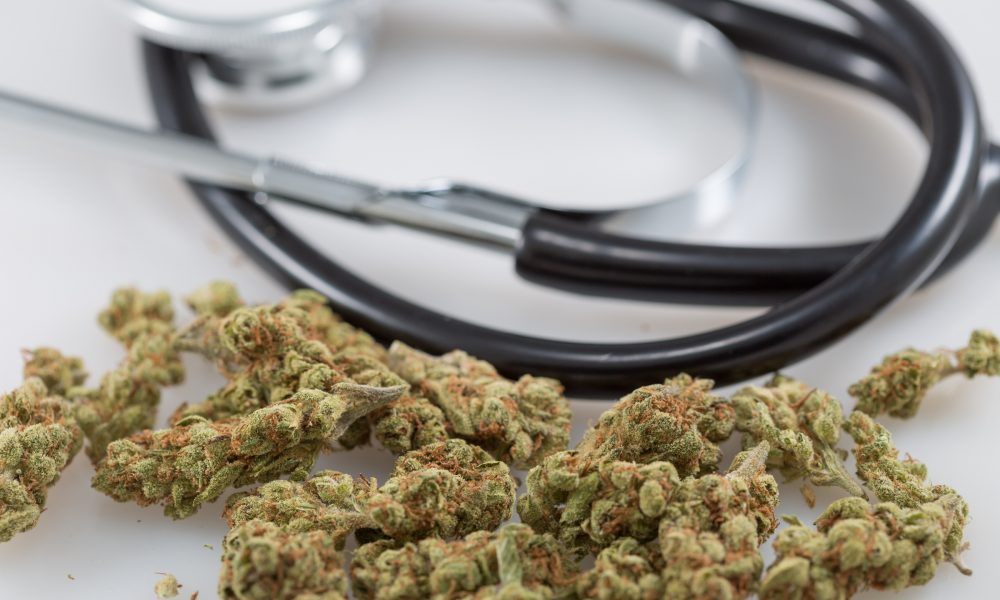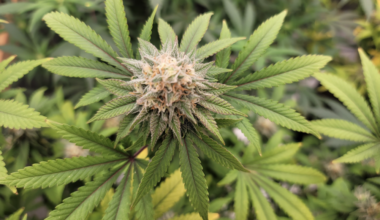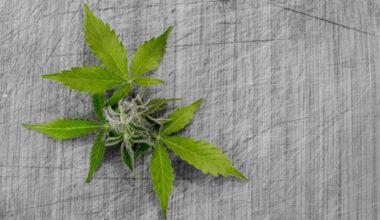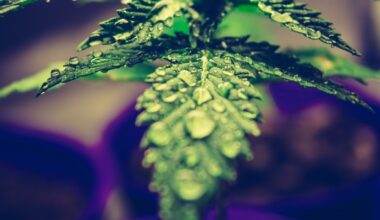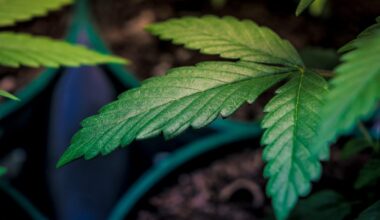“I believe that cannabis prohibition came from a place of fear, not from medical science or the analysis of social harm.”
By Sid Miller, Texas Agriculture Commissioner
As Texas agriculture commissioner, I am responsible for the licensing of more than 850 entities that currently grow, handle, sample or process hemp in Texas. Hemp and marijuana are two different names for the flowering plant known as cannabis. The legal difference between the two is the concentration of tetrahydrocannabinol, or THC. THC is what gives the ‘high’ feeling people associate with cannabis. By law, marijuana has a concentration of THC that is 0.3 percent or higher. Hemp has a concentration of THC that is 0.3 percent or lower by dry weight.
It is our overall state policy on cannabis that I will focus on today as I share my thoughts with my fellow Texans. In a free society, government should only make something illegal for a powerful reason or set of facts. The freedom of the people to make their own choices and decisions is a fundamental principal of a true democracy.
The history of cannabis prohibition reflects the failed alcohol prohibition of the 1920’s. Complete with gangs, corruption and widespread violence against the lives and liberties of American citizens.
As I look back, I believe that cannabis prohibition came from a place of fear, not from medical science or the analysis of social harm. Sadly, the roots of this came from a history of racism, classism and a large central government with an authoritarian desire to control others. It is as anti-American in its origins as could be imaginable.
Today, in the 21st century, this must end. We must start with a new chapter and a new attitude about the use of cannabis—especially when it comes to its potential medicinal benefits.
An Editorial by Texas Agriculture Commissioner Sid Miller. pic.twitter.com/AukD4IIupo
— Texas Agriculture (@TexasDeptofAg) July 16, 2022
As of today, thirty-nine states, including politically conservative states such as Oklahoma, Utah and Florida, have legalized cannabis for compassionate use: also known as medical marijuana.
Beyond that, eighteen states, including conservative western states like Arizona, Montana and Alaska, have legalized commercial cannabis sales to ALL adults.
While I am not sure that Texas is ready to go that far, I have seen firsthand the value of cannabis as medicine to so many Texans.
Those states that have gone before Texas are providing real world data and research about what they are doing right and what can be improved. But the roots for good Texas policy on cannabis have already been planted.
I worked diligently to bring hemp farming to Texas and supported the development of products such as hemp oil for medical use. These products are making a difference in the lives of many where other medicines have failed.
It is my goal next year to expand access to the compassionate use of cannabis products in Texas so that every Texan with a medical need has access to these medicines.
When four out of five Texans support compassionate use, we need to have state law and state policy reflect that desire. I will urge our state legislature and our governor to make that a top priority in the upcoming legislative session.
It is time for all of us, including the governor, members of the Texas legislature and others to come together and set aside our political differences to have an honest conversation about cannabis: where we have been, where we are going and what role government should properly play.
We owe it to our fellow Texans, especially those who are suffering, to lead or just get out of the way if we cannot formulate effective cannabis policy for Texas.
Sid Miller (R) is Texas Agriculture Commissioner.
Medical Disclaimer:
The information provided in these blog posts is intended for general informational and educational purposes only. It is not a substitute for professional medical advice, diagnosis, or treatment. Always seek the advice of your physician or other qualified healthcare provider with any questions you may have regarding a medical condition. The use of any information provided in these blog posts is solely at your own risk. The authors and the website do not recommend or endorse any specific products, treatments, or procedures mentioned. Reliance on any information in these blog posts is solely at your own discretion.
